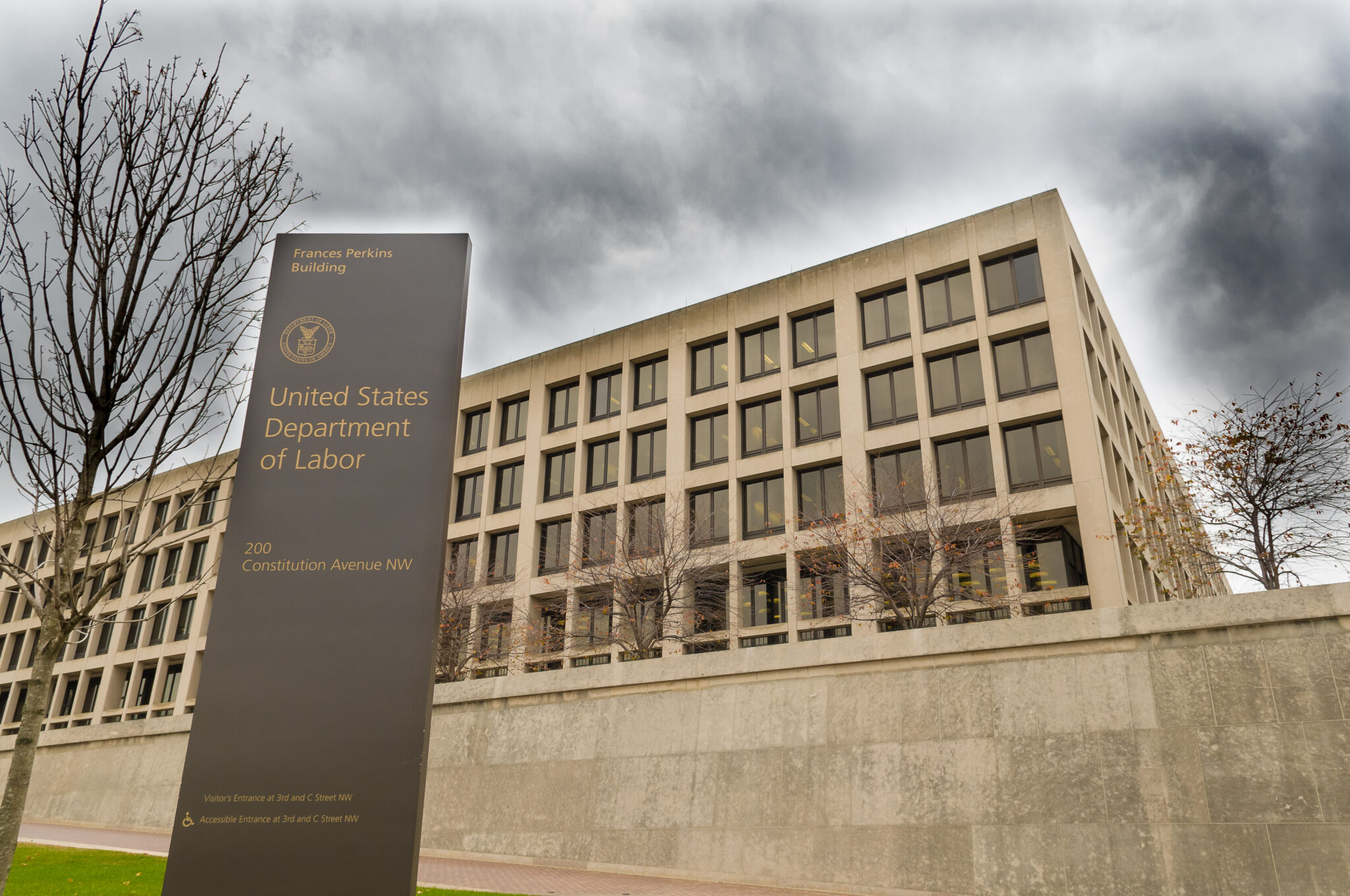
Otto Barenberg is a student at Harvard Law School and the Digital Director of OnLabor.
In today’s news and commentary, Trump picks Representative Lori Chavez-DeRemer for Labor Secretary and German Volkswagen workers are on the precipice of a major strike.
President-elect Donald Trump selected Representative Lori Chavez-DeRemer (R-Ore.), who racked up several union endorsements in her reelection bid, to serve as his Secretary of Labor. In her single term in Congress, Chavez-DeRemer was one of three Republican cosponsors of the Protecting the Right to Organize (PRO) Act — a law supported by the overwhelming majority of labor leaders and elected Democrats — and one of eight Republican cosponsors of the Public Service Freedom to Negotiate Act, which would amplify the power of public sector unions. She narrowly lost to Democrat Janelle Bynum in her Portland-area swing district on November 5, but earned nods from local firefighters, ironworkers, and Teamsters.
Chavez-DeRemer’s selection elicited a range of responses from labor leaders. Teamsters’ President Sean O’Brien, who has drawn ire from many of his members for cozying up to Trump, endorsed Chavez-DeRemer earlier in the week and praised her selection on social media minutes after it was announced: “Thank you @realDonaldTrump for putting American workers first by nominating Rep. Lori Chavez-DeRemer for US Labor Secretary. . . . Now let’s grow wages and improve working conditions nationwide.” Others, including AFL-CIO President Liz Shuler, expressed caution, acknowledging Chavez-DeRemer’s “pro-labor record” but warning “Donald Trump is the President-elect of the United States — not Rep. Chavez-DeRemer — and it remains to be seen what she will be permitted to do as Secretary of Labor in an administration with a dramatically anti-worker agenda.” The AFL-CIO’s annual lawmaker rankings give Chavez-DeRemer a legislative score of 10% on workers’ rights issues.
Business leaders and their conservative allies appeared taken aback by Trump’s pick. Kristen Swearingen, chair of the Coalition for a Democratic Workplace, which represents hundreds of business groups, expressed “alarm.” “Chavez-DeRemer’s support of the PRO Act raises legitimate concerns about her possible nomination,” she said. The International Franchise Association emphasized that it “looks forward to ensuring the job-killing PRO Act . . . ha[s] no place in the incoming administration.” And the conservative editorial board of the Wall Street Journal bemoaned Trump’s “regrettable choice,” as did a columnist for the National Review.
Volkswagen and IG Metall, Germany’s largest and most powerful union, are at loggerheads over drastic cost-cutting measures demanded by the automaker. In the face of stiff competition from cheap Chinese vehicles and declining demand across Europe, the company has proposed a 10% wage cut and threatened to close German plants — a move that would be unprecedented in the company’s 87-year history. IG Metall’s counterproposal includes temporarily forgoing bonuses and reducing work hours, as well as mandating smaller dividends for shareholders. The 120,000 affected employees — nearly half of Volkswagen’s German workforce — are prepared to strike on December 1 if the parties can’t reach an agreement. Any labor action is likely to have substantial political ramifications, as Chancellor Olaf Scholz gears up for a February snap election and the status of German industry remains a key issue.






Daily News & Commentary
Start your day with our roundup of the latest labor developments. See all
January 7
Wilcox requests en banc review at DC Circuit; 9th Circuit rules that ministry can consider sexual orientation in hiring decisions
January 5
Minor league hockey players strike and win new deal; Hochul endorses no tax on tips; Trump administration drops appeal concerning layoffs.
December 22
Worker-friendly legislation enacted in New York; UW Professor wins free speech case; Trucking company ordered to pay $23 million to Teamsters.
December 21
Argentine unions march against labor law reform; WNBA players vote to authorize a strike; and the NLRB prepares to clear its backlog.
December 19
Labor law professors file an amici curiae and the NLRB regains quorum.
December 18
New Jersey adopts disparate impact rules; Teamsters oppose railroad merger; court pauses more shutdown layoffs.